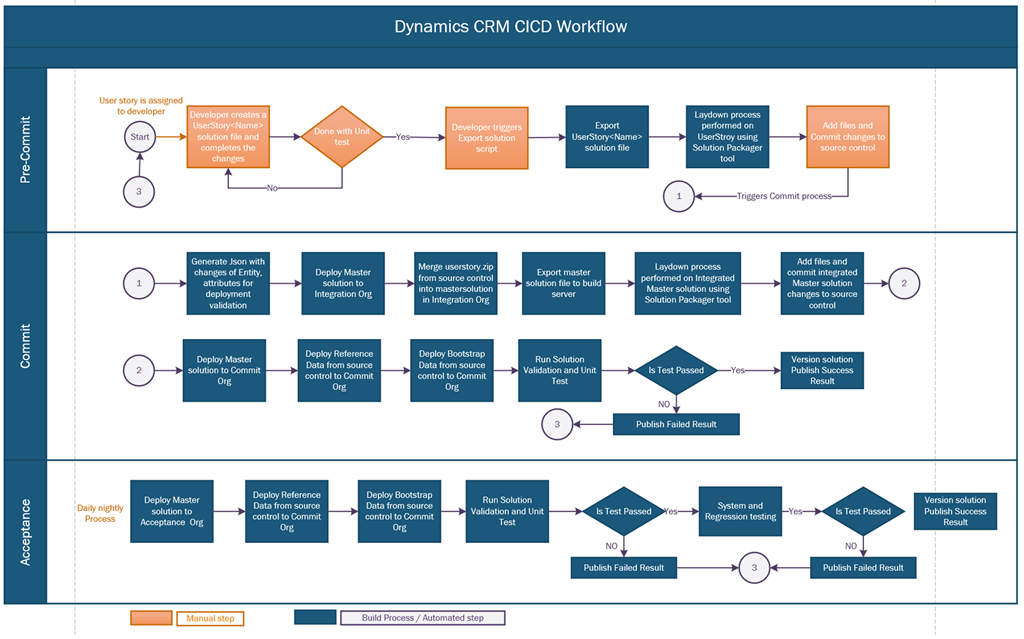Simplifying Workflows with CRM: A Game-Changer for Businesses
Simplifying Workflows with CRM: A Game-Changer for Businesses

Simplifying Workflows with CRM: A Game-Changer for Businesses
In today’s fast-paced business landscape, staying organized and efficient is crucial for success. One tool that’s been making waves in the industry is CRM, or Customer Relationship Management. But what is CRM, and how can it simplify your workflows?
What is CRM?
CRM is a software system that helps you manage interactions with your customers, clients, or prospects. It’s like having a personal assistant that keeps track of all your interactions, from phone calls and emails to meetings and tasks. CRM systems can also help you analyze data, identify patterns, and make informed decisions to grow your business.
Simplifying Workflows with CRM
So, how can CRM simplify your workflows? Here are some ways:
- Streamlined Communication: With CRM, all customer interactions are stored in one place. No more searching through emails, notes, or spreadsheets to find information. You can access everything you need with just a few clicks.
- Automated Tasks: CRM allows you to automate routine tasks, such as email follow-ups or appointment reminders. This frees up your time to focus on more important things, like closing deals or building relationships.
- Data Analysis: CRM provides valuable insights into your business, helping you identify trends and patterns. You can use this data to make informed decisions, adjust your strategy, and drive growth.
- Collaboration: CRM enables teams to work together more effectively. You can assign tasks, track progress, and share information in real-time, reducing misunderstandings and increasing productivity.
- Personalized Experience: With CRM, you can tailor your interactions to each customer’s unique needs and preferences. This helps build trust, loyalty, and ultimately, more sales.

Real-Life Examples
Let’s look at some real-life examples of how CRM can simplify workflows:
- Sales: John, a sales representative at a software company, uses CRM to manage his leads. He sets up automated email campaigns to nurture prospects and schedule follow-up calls. This helps him stay on top of his pipeline and close more deals.
- Marketing: Emily, a marketing specialist at a retail brand, uses CRM to analyze customer data. She identifies trends and patterns, which informs her campaign strategies. This helps her create targeted promotions that drive sales and engagement.
- Customer Support: David, a customer support agent at a tech company, uses CRM to manage customer tickets. He can access customer history, track issues, and resolve problems efficiently. This helps him provide excellent customer service and reduce resolution time.
Choosing the Right CRM
With so many CRM options available, how do you choose the right one for your business? Here are some factors to consider:
- Ease of Use: Look for a CRM that’s user-friendly and intuitive. You don’t want to spend hours training your team or figuring out the system.
- Customization: Choose a CRM that allows you to tailor it to your specific needs. You want to be able to set up workflows, fields, and reports that fit your business.
- Integration: Consider a CRM that integrates with your existing tools and software. This will help you streamline your workflows and reduce data entry.
- Scalability: Select a CRM that can grow with your business. You don’t want to outgrow your CRM and have to switch systems mid-stream.
Getting Started with CRM
Ready to simplify your workflows with CRM? Here are some steps to get started:
- Define Your Goals: Identify what you want to achieve with CRM. Do you want to improve sales, enhance customer service, or streamline operations?
- Research Options: Explore different CRM systems and read reviews. Look for ones that align with your goals and budget.
- Set Up Your System: Configure your CRM to fit your business needs. Set up workflows, fields, and reports to track key metrics.
- Train Your Team: Make sure your team is comfortable using the CRM system. Provide training and support to ensure everyone is on the same page.
Conclusion
Simplifying workflows with CRM can transform your business. By streamlining communication, automating tasks, analyzing data, and personalizing interactions, you can drive growth, increase productivity, and build stronger relationships with your customers.
Whether you’re a small business owner, a sales representative, or a marketing specialist, CRM is a valuable tool that can help you succeed. So, why wait? Start exploring CRM options today and see the difference it can make for your business.
